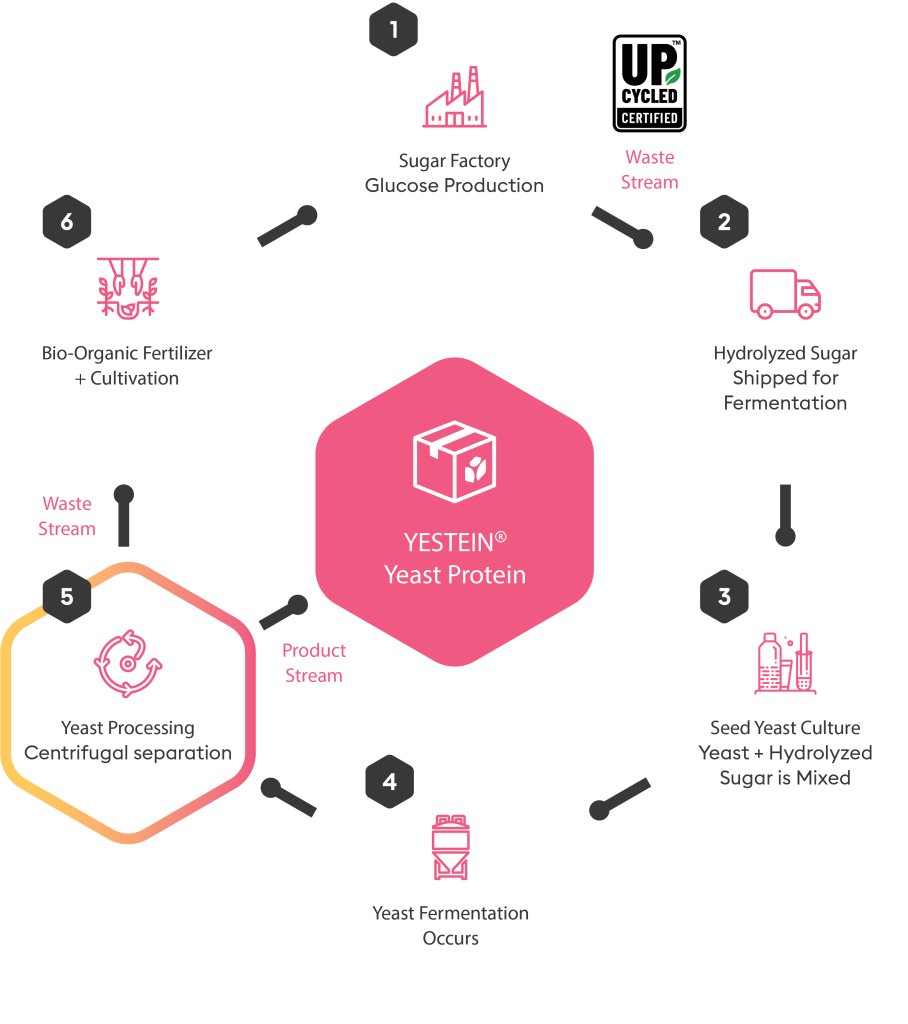Quality and Sustainability
We Take Pride in Our Accreditations
Abiding by these accreditations helps us keep our production process as safe, eco-friendly, and sustainable as possible. We also work side by side with all our manufacturers to ensure that they pass our stringent audit system and qualification process. All our facilities comply with Good Manufacturing Practices, and our experienced quality control department oversees on-site audits, third-party lab testing, certificate collection, and verification so we know where every ingredient has been.

Non-GMO Project Vertified
The products were produced without genetic engineering and are free of genetically modified organisms.

Kosher Certified
The product contains neither dairy nor meat, nor any dairy or meat derivatives, not made on dairy equipment, and was not made on equipment used for making meat products.

UpCycled Certified
The products reduce food waste by promoting the upcycling food economy, by ingredients that have full nutritional value and are safe, but for various reasons, would have gone to waste.
Quality is Rooted at Our Core
We work hand-in-hand with our manufacturers, only partnering with those who pass our stringent qualification process and audit system.
Taking it a step further, our facilities comply with Good Manufacturing Practices (GMP) and are National Sanitation Foundation (NSF) verified, which provides the peace of mind that the appropriate equipment, methods, and safety checks are consistently adhered to.
Maintaining quality matters, not only for our customers and partners, but for the good of the planet and the future generations to come.


Sustainability is Our Commitment


Circular Economy Model for YESTEIN® Yeast Protein Production
The sugar cane and hydrolyzed sugar are the nutrient sources of yeast, and the wastewater of the production is the source of organic fertilizer for crop production. This allows you to use a high quality and sustainable vegan protein for your products.

